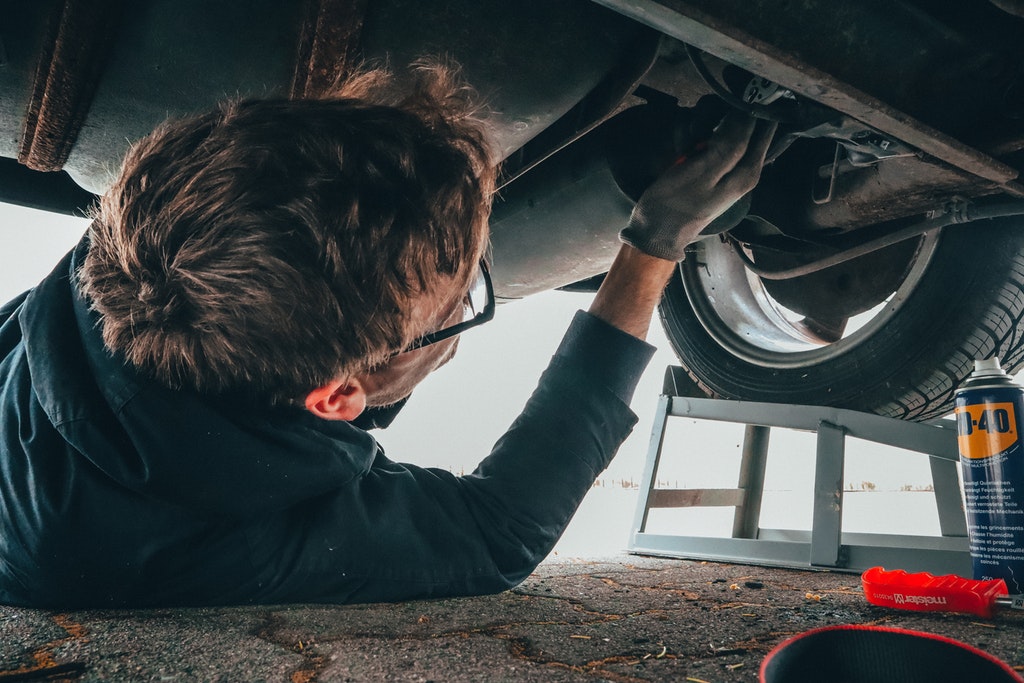Anyone in the auto body collision repair industry has heard about the CO2 emission standard updates and CAFÉ (Corporate Average Fuel Economy) guidelines. These new vehicle regulations have made engineers and manufacturers look at new ways to design and build cars and trucks. Light-weight materials are beginning to replace heavier ones, swapping out steel for aluminum and carbon fiber components. So, how is river bonding being used to repair newer cars with these changes in place?
Fewer Welding Repairs
The introduction of newer materials means less welding repairs, which were once used to bond heavy steel together. Now, rivet bonding is used to attach back panels, front hood closures, and more. Why? The answer is simple. With lighter weight materials, comes the risk of a faster melting temperature. Welding over aluminum, for example, causes rippling, warping, and damage to the component being fixed. This created the need for a cold bonding method to be introduced.
The Downside to Rivet Bonding
There are some downsides to this new method of connecting materials in auto body collision repair. Different vehicle manufacturers have standards by which repair shops must work. Certain materials are not allowed to be used on certain models of cars. This makes it difficult to weld when rivets would negatively affect the chassis of the vehicle.
At Scratch and Dent, we see evidence of this in the reactions caused by steel rivets and aluminum panels. When these panels are later exposed to elements which cause a reaction between acid and liquid, the rivets cause the panels to corrode. To stop this, all rivet sites must be sealed. These special standards call for special training which costs money to auto body collision repair shops.
The Evolution of the Auto Body Collision Repair Shop
With these standards and materials in place, auto body collision repair shops are taking it upon themselves to train employees on all new procedures. At Scratch and Dent, we try to keep up with new updates and changes to recent OEM standards and policies as well. Taking the time to know what each manufacturer expects of us, along with the state regulations, keeps our shops and our clients safe and roadworthy.
Choose Scratch and Dent for the Latest Rivet Bonding Repairs
It’s important that vehicle owners choose the right shop for the job when it comes to auto body collision and repair. Selecting a garage that offers the latest rivet bonding repairs means fewer future changes to your vehicle to maintain road worthiness. It also saves you money in the future should parts begin to erode due to a failure to properly seal rivet sites.
Scratch and Dent is a straightforward, no hidden agenda shop. We put our customers first and strive to ensure that every service you receive is of the highest quality. It’s our goal to keep your vehicle running smoothly and safely with as little disruption to your life as possible.
For more information on Scratch and Dent and our current policies on rivet bonding, contact us today.

